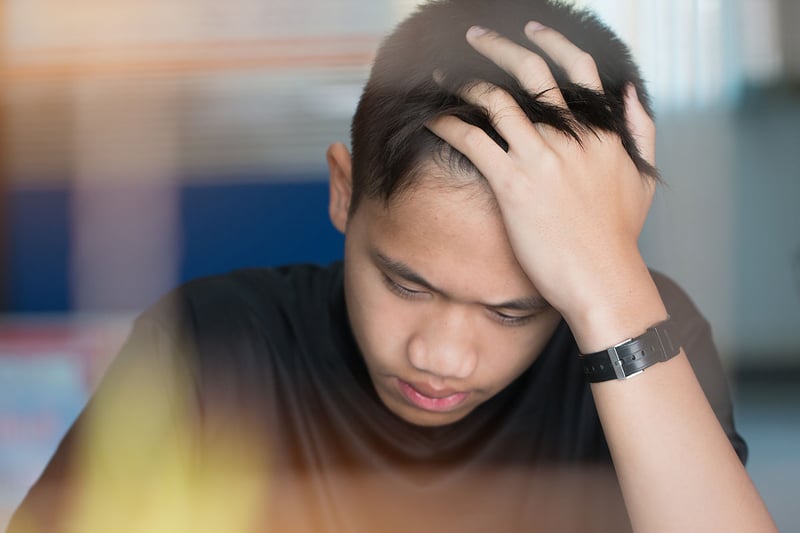Different Types of Anxiety Disorders

Everyone experiences a form of anxiety at some point in life. It may occur when preparing for an exam, meeting new people, or attending a job interview. Sometimes it can motivate you to work hard and ensure adequate preparation for a task. However, if it gets to a point where intense fear overwhelms and prevents you from performing day-to-day activities, you should seek rehab treatment. There are
anxiety treatment programs in a rehab facility, like Stonewater Adolescent Recovery Center, for anxiety disorders.
Contact our team today at
662.373.2828 to learn more.
Anxiety Disorders and Obsessive-Compulsive Disorder (OCD)
An obsessive-compulsive disorder occurs when you feel you must complete specific ritual tasks daily. For example, an individual may wash hands too many times per day due to fear of contracting a disease. The diagnosis of OCD involves identifying unreal compulsions that cause severe stress for an individual. Sometimes, the compulsions may not affect you in any way. However, some people can miss vital career or social sessions because of grappling with this disorder. If your loved one is in such a condition, seek rehab help for professional anxiety treatment. At rehab, you can also benefit from other evidence-based treatment programs, including:- Cognitive-behavioral therapy (CBT)
- Dialectical behavior therapy (DBT)
- Experiential therapy programs
- Group therapy
- Individual therapy
Generalized Anxiety Disorders (GADs)
The characteristics of GADs include excessive worrying about things that do not cause fear for others. Individuals with generalized anxiety disorder can become anxious in several situations. For example, you may worry about your current project, consulting your primary care provider, or meeting a new friend. If you develop chronic anxiety in such situations, it could be a sign of this disorder. One of the significant characteristics of this condition is having anxieties contrary to your environment. For example, intense fear may occur when you think about messing up a presentation. If you are always anxious about a panic attack happening during such tasks, you could be having a mental health problem. Physical symptoms of the condition include shallow breathing, sweating, and heart palpitations.Social Anxiety Disorder
According to therapists, you should overcome the fear of judgment from others for healing. Teens with social phobia can confine themselves at home to avoid socialization. It becomes challenging to maintain friendships, going shopping, or interacting with others. People with this disorder may fear various situations, such as:- Giving a speech at a gathering
- Attending social events like parties
- Eating or drinking in public
- Using public transport
- Meeting new people

.jpg)

